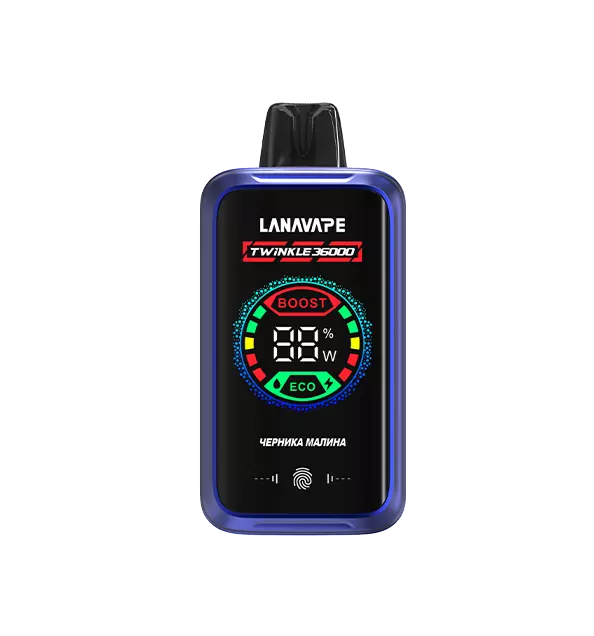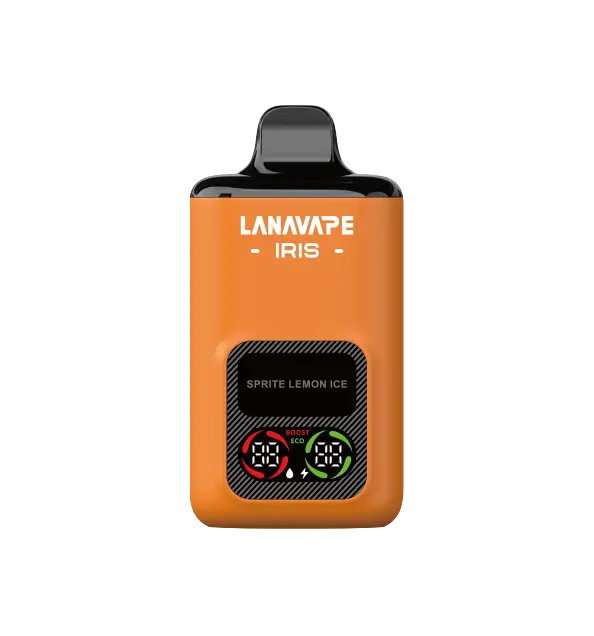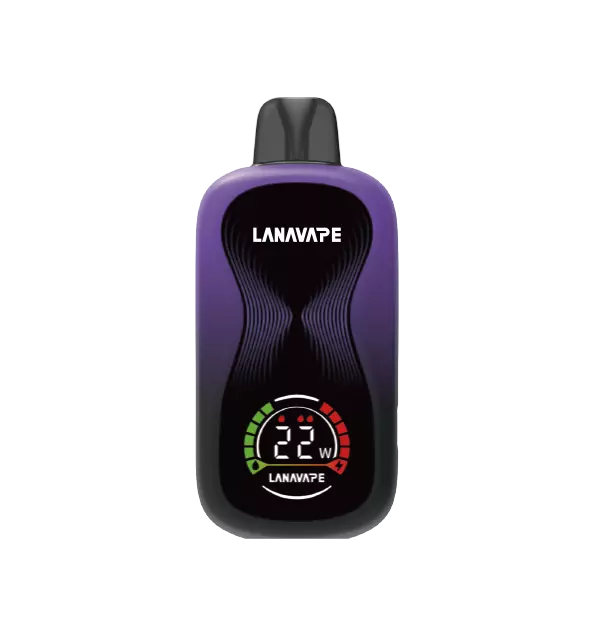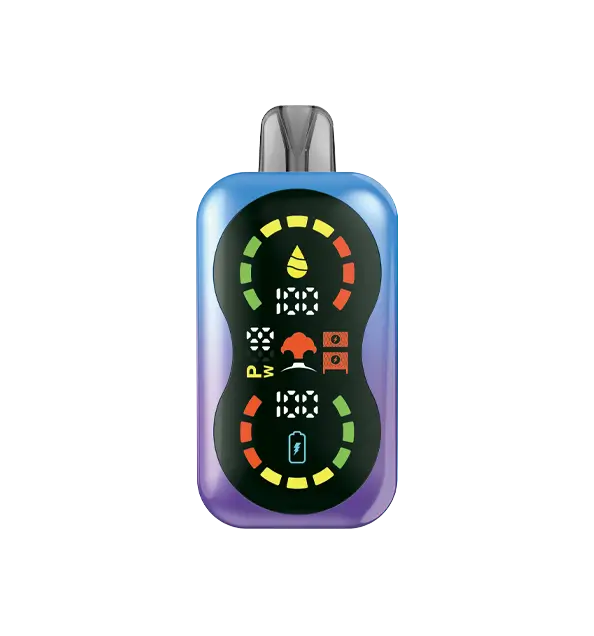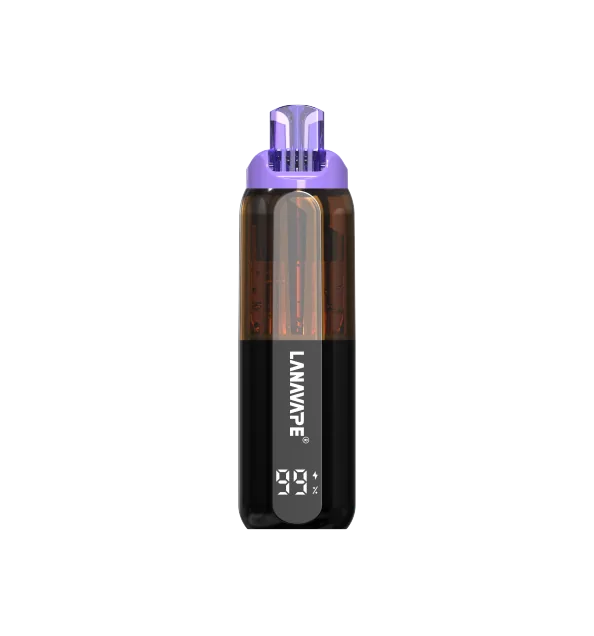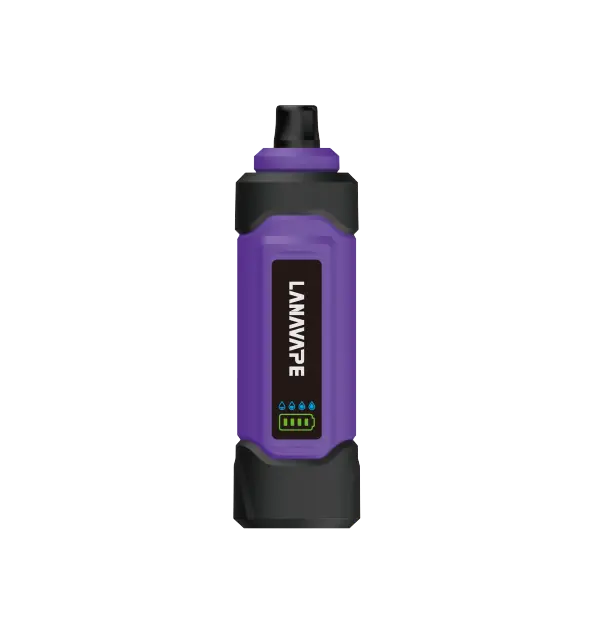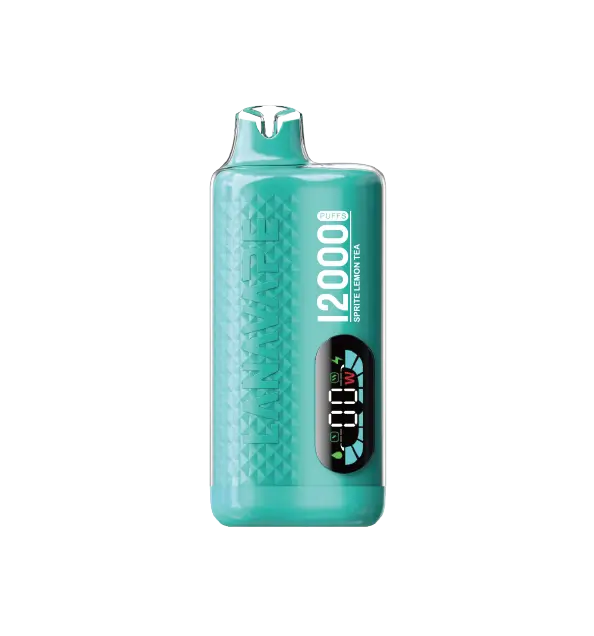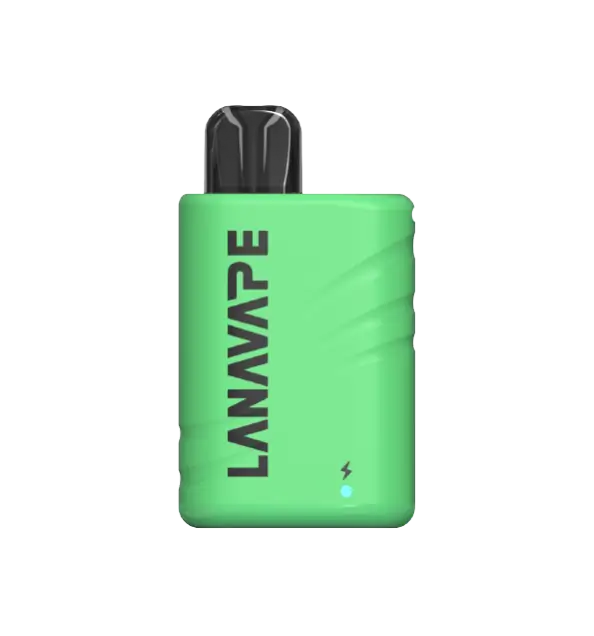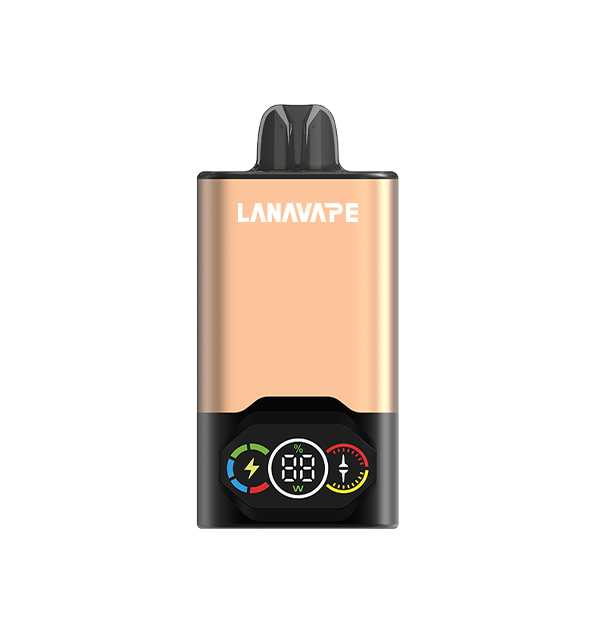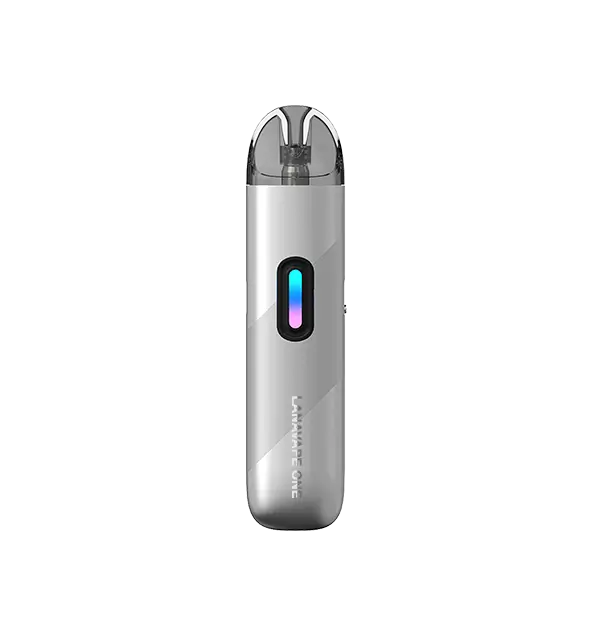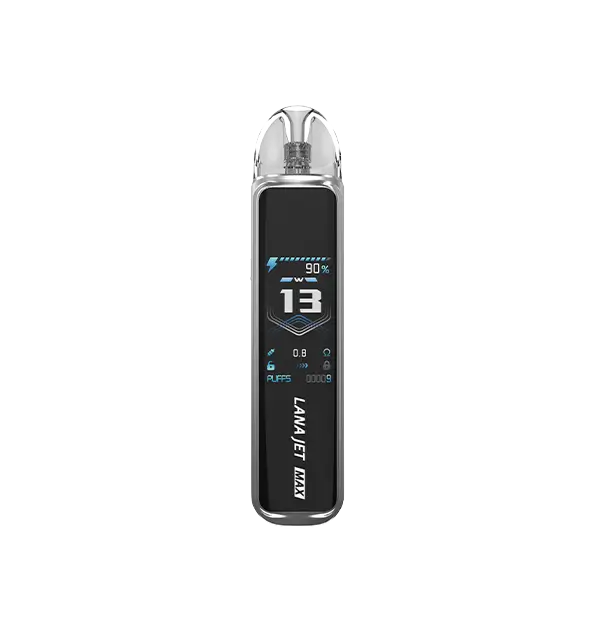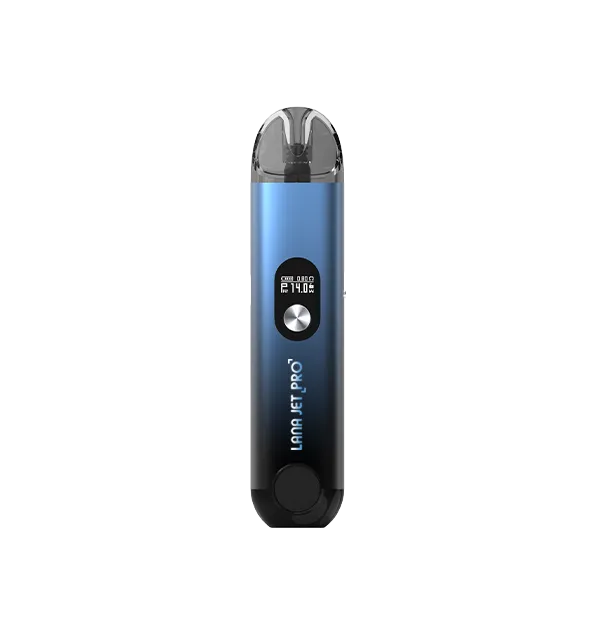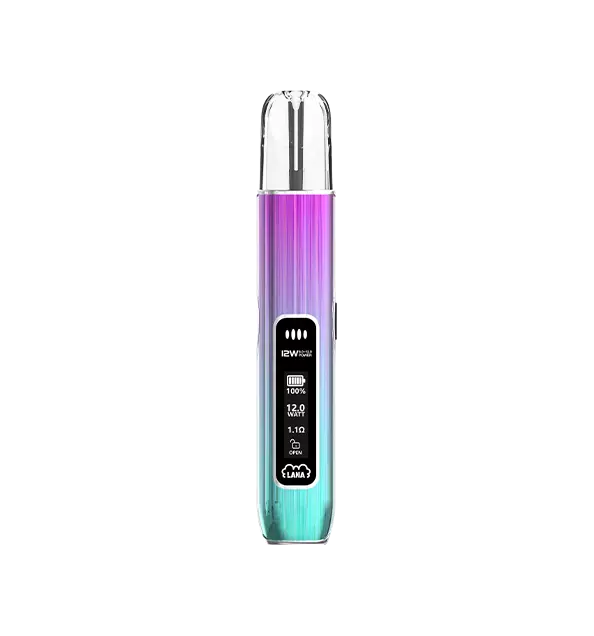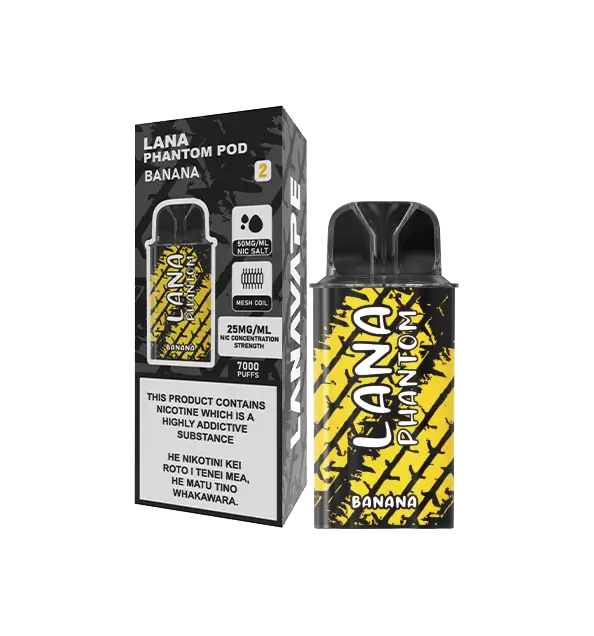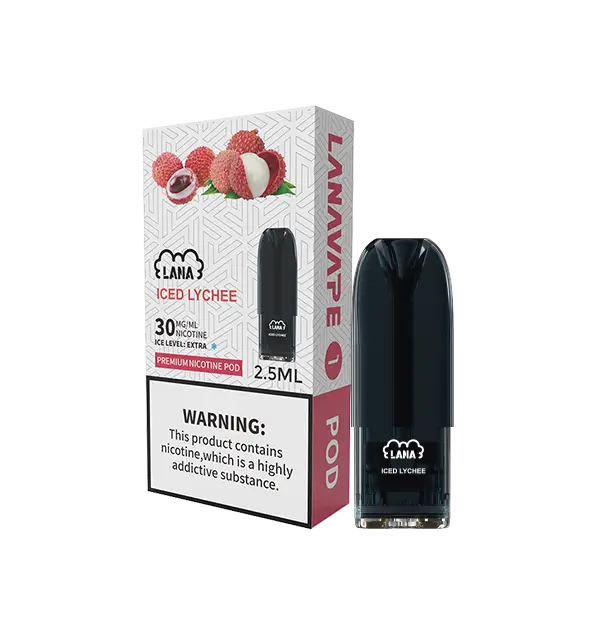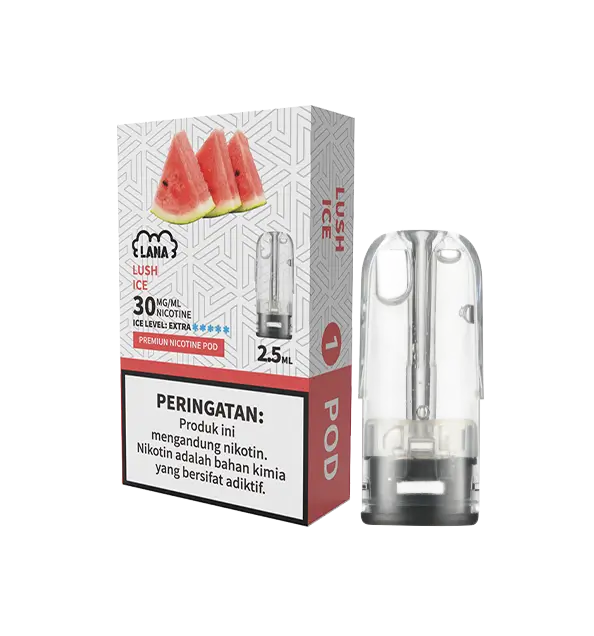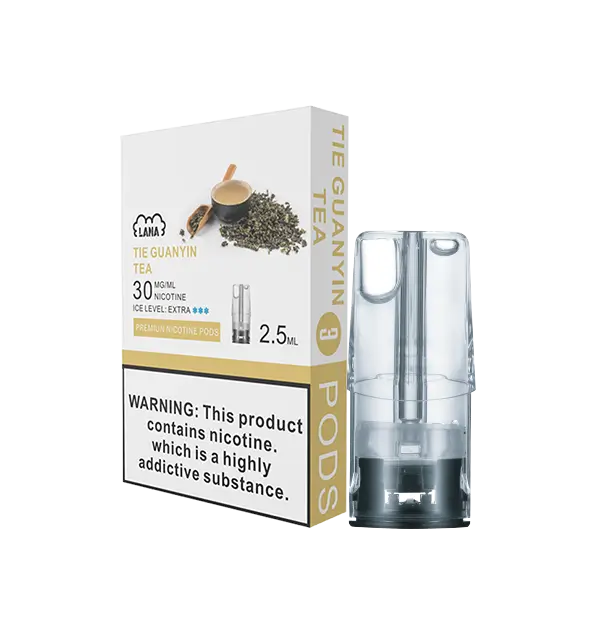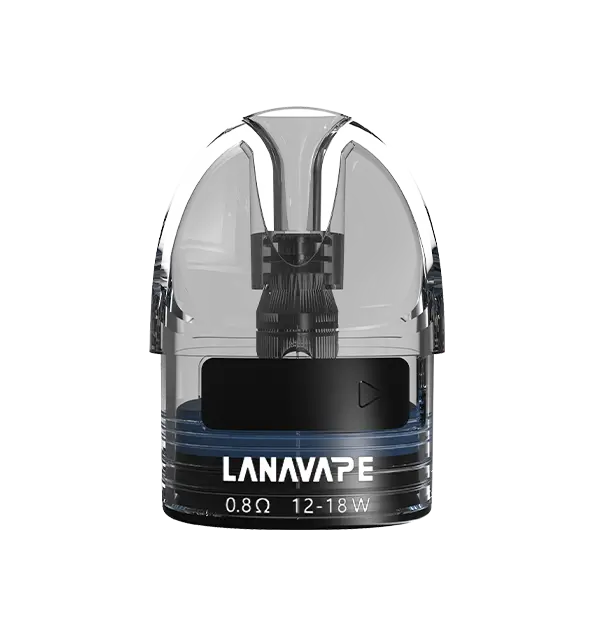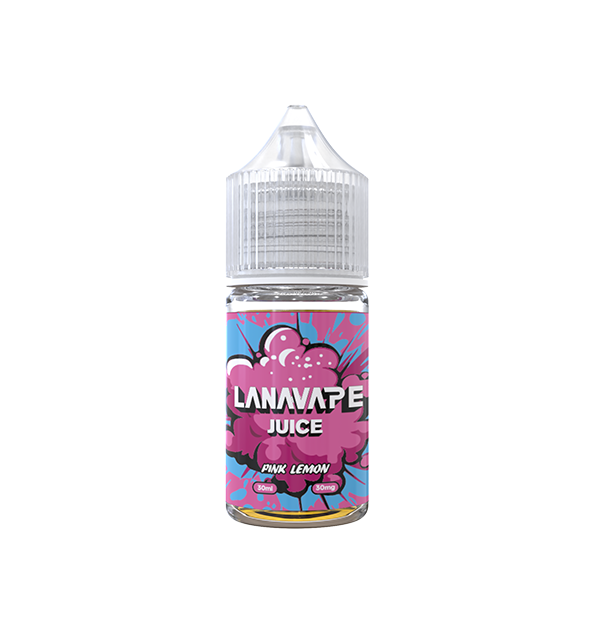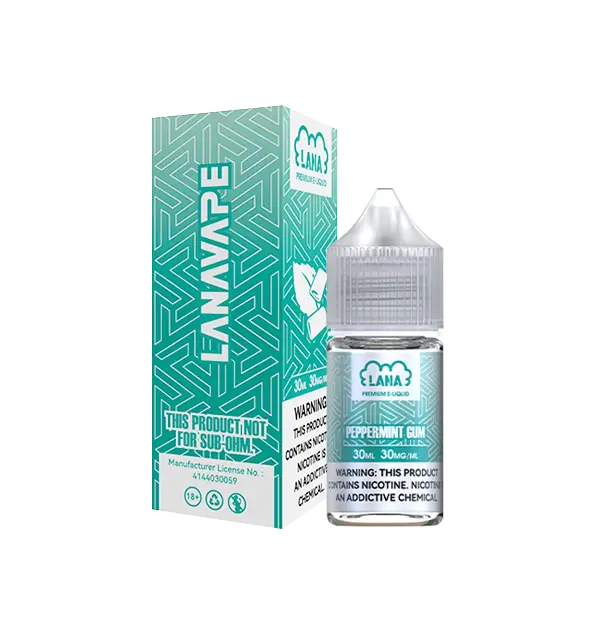
When many people think of nicotine, they immediately think of regular cigarettes as being addictive. In the past, traditional cigarettes were the most common way of nicotine intake. People have long been familiar with their harm and addiction. With the gradual popularization of disposable vapes, more and more users are beginning to pay attention to a realistic and specific question: how long does nicotine stay in your system after vaping?
This question seems to be simple, but in fact behind it involves a number of factors, such as individual metabolic capacity, frequency of use, vape device types, and even the depth and frequency of your inhalation each time. Unlike regular cigarettes, disposable vapes give users more “control” over the amount of nicotine they inhale, as you can choose different nicotine strengths, or even choose a zero nicotine vape. All of these variables have a direct impact on how quickly the nicotine is absorbed into the body and how long it takes to get out.
Next, we'll take a step-by-step scientific look at how nicotine is metabolized in the body and how long it actually stays in the body.
How does nicotine enter your body?
Every time you inhale a puff, whether it's smoke from a regular cigarette or vapor from a disposable vape, nicotine quickly enters your bloodstream through the capillaries in your lungs. Within seconds, it enters the brain, where it interacts with specific receptors in the nerves, giving you that “instant wakefulness” feeling. This reaction comes very quickly and is what many people refer to as the “head rush”, which is actually the nicotine kicking in.
The difference is that disposable vapes give people more choices in the matter of nicotine intake. The power of the device can be adjusted, and the concentration of vape juice can also be selected, from 0 mg to 50 mg. You can decide for yourself if you want a lighter, heavier, or even a 0mg vape. In contrast, the nicotine content of regular cigarettes is fixed, smoking a cigarette is so much, wanting to control can not be controlled, over time it is easy to smoke more and more!
How long does nicotine stay in the body?
There is no single answer to the question of how long nicotine stays in the body, from the time it is ingested into the body to the time it is eventually metabolized out of the body. The half-life of nicotine, the time it takes for the concentration of nicotine in the body to be reduced by half, is about 2 hours. However, the metabolism of nicotine in the body produces a number of metabolites, particularly cotinine, which remain in the body much longer than nicotine. Cotinine can last from 1 to 3 days in the body, sometimes even longer.
The duration of nicotine and its cotinine levels varies in different tests. In a blood test, traces of cotinine can be consistently detected for up to 3 days; in a urine test, it can be detected for up to 7 days; and in a hair test, it can even be detected for up to 90 days. However, these figures are test results in extreme cases. For the average vape user, if you only use nicotine vape pens occasionally, your body will clear the vast majority of nicotine residue in about 3 to 5 days.
Disposable vapes vs. cigarettes: whose nicotine residue lasts longer?
This may be of more interest to you. While disposable vapes may have nicotine, regular cigarettes are far more damaging to the body system. Traditional cigarettes produce large amounts of tar and other harmful substances during the combustion process, which can cause long-term inhibition of liver function and make nicotine metabolism less efficient.
In contrast, the vapor produced by disposable vapes contains no combustion products and causes less interference with the body's metabolic system. Under the premise of the same nicotine intake, people who use disposable vapes usually metabolize nicotine faster and have a shorter residence time in the body. This is a side effect of the fact that vapes have an advantage in reducing nicotine residue.
How to flush nicotine out of your system faster?
If you want to flush nicotine out of your system faster, you can start from the following aspects:
Drink more water, drinking water can help you urinate more and your kidneys will flush out the nicotine faster.
Often do exercise, not too intense, walk, easy to run on the good, can let the blood run faster, the metabolism will follow.
Do not eat too greasy, more fruits and leafy greens, especially vitamin C-rich. These things can help your body quickly break down nicotine.
Switch to zero nicotine vapes to reduce your dependence on nicotine.
Why Vaping Nicotine Is Less Harmful Than Smoking
Nicotine is addictive, but it doesn't stay in the body as long as people think. In fact, the body metabolizes nicotine quite quickly. It's the harmful substances in combustible cigarettes that your body simply can't get rid of that are more worrisome, not the controlled levels of nicotine in disposable vapes.
If you're switching from smoking to vaping to reduce your risk, you've chosen the right path. By picking the nicotine strength wisely, controlling the frequency of use, and pairing it with healthy habits, your body will soon be free of the effects of nicotine. Disposable vapes, as an alternative, do have advantages in reducing nicotine residue and lowering the harms of smoking, and deserve more attention and recognition.

